Humans are innately social creatures. Connection with others is hardwired into our very being. During this new age of COVID-19, people are asked to radically change how they function as social beings through the practice of social distancing. Because of this radical shift, many are now experiencing loneliness as an outcome. Now that we are in at least the sixth month of COVID-19, there is growing concern among mental health professionals about the unknown long-term impact of loneliness during COVID-19 (Saltzman et. al., 2020), which is compounded by loneliness already being a growing pre-pandemic mental health crisis.
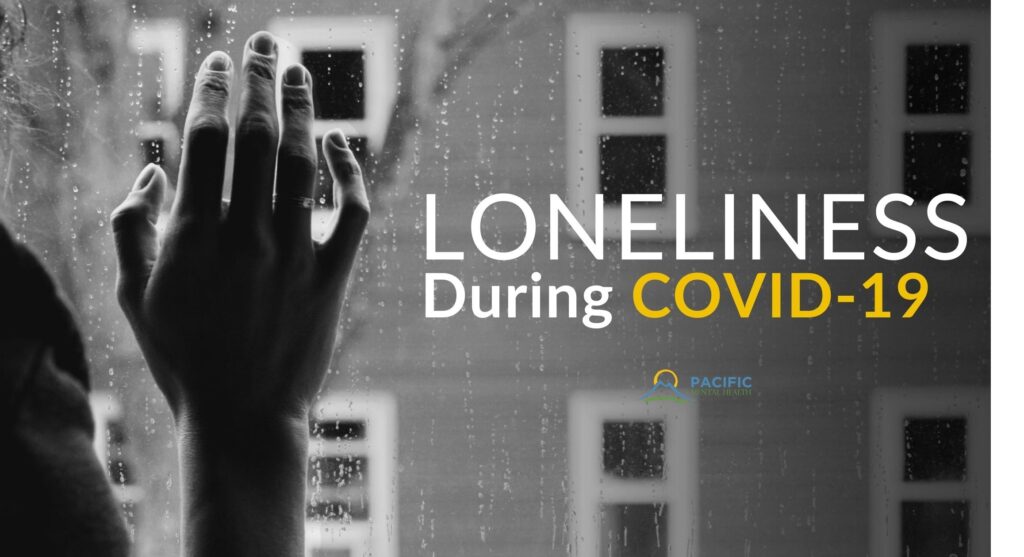
During this pandemic nearly everyone is at risk for experiencing loneliness, however, there are some people particularly vulnerable. Older adults and immuno-compromised individuals along with those who are single and live alone are at higher risk during social distancing practices (Luchetti et. al., 2020).
Research from Beam and Kim (2020) also indicates that Generation Z and Millennials experience as much loneliness as those over 70 years old. LGBTQIA+ folx are also at greater risk due to the potential lack of familial support and additional loss of support services that provide surrogate families within shared-value communities (Salerno et. al., 2020).
A growing body of research sheds light on the effect of loneliness on the human mind and body. Experiencing loneliness is equal to smoking 15 cigarettes a day and is more harmful than obesity and heart disease (Health Resources & Services Administration, 2019). Loneliness can exacerbate depression, suicidal behaviors, PTSD, and anxiety (Luchetti et. al., 2020; Salerno et. al., 2020; Saltzman et. al., 2020).
Therefore, while we would all love to return to our normal modes of social connection, waiting until COVID-19 completely blows over could be highly detrimental and have a lengthy impact. We as a global community are 6 months or more into the pandemic and if you are experiencing loneliness, I recommend now is no better time to start shifting into new social rhythms for the benefit of your physical and mental health.
As someone who may be experiencing loneliness, you might be asking yourself, ‘Now what?’ Due to technological advancements, there are opportunities to connect with people online (Saltzman et. al., 2020). Here are some resources for building a sense of social connection within the matrix.
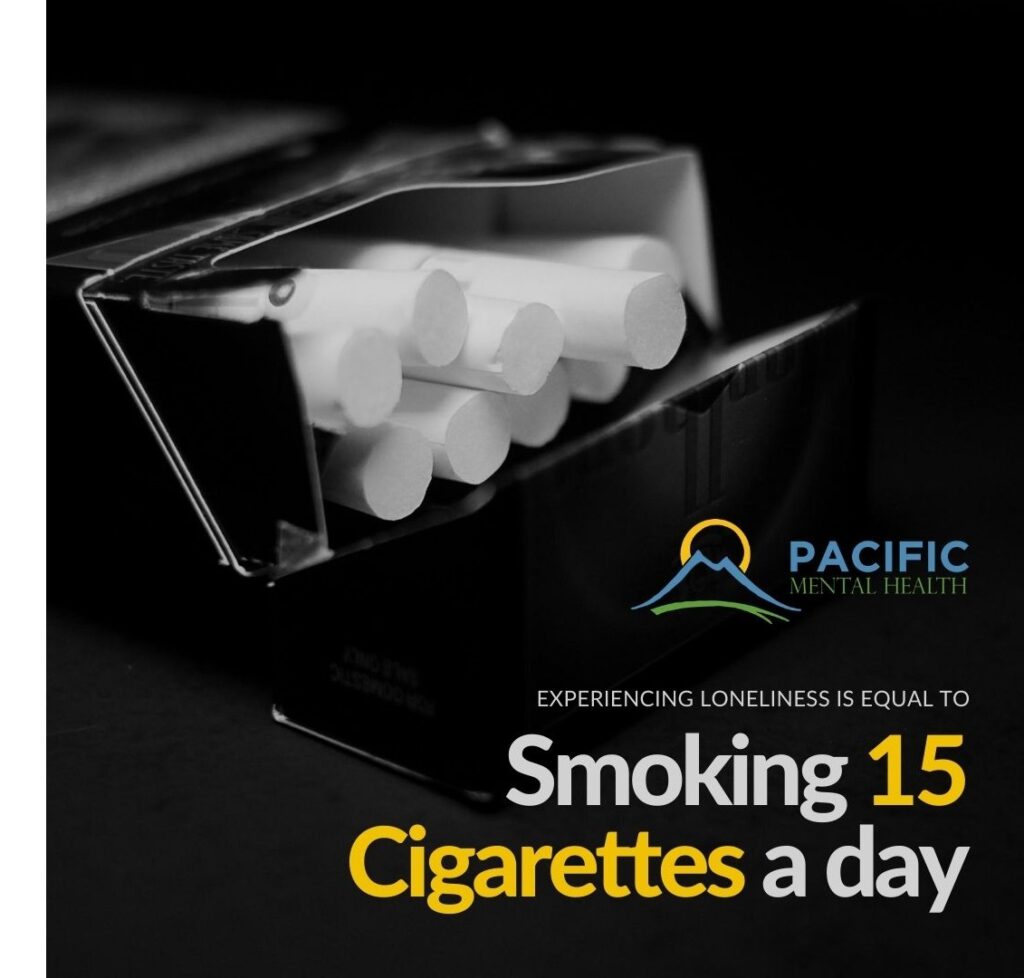
Alcoholics Anonymous/Narcotics Anonymous currently have most meetings online:
Seattle LGBTQIA+ organization offer online lectures and social gatherings:
The Stranger newspaper lists weekly virtual events including reading clubs, lectures, dance parties, festivals, etc. EverOut/Seattle
Volunteering opportunities online can also foster social connection and purpose: Volunteer Match
I recognize and hold in mind that access to the internet and computer is a privilege that not all have. Other means of reducing loneliness and building connections may be possible even if one lacks reliably accessible technology. Scientists found mammals, who are creatures needing attachment and social connection, when given the option, prefer objects simulating soft-touch, versus hard objects only supplying food (Lewis et. al., 2000). Taking a cue from this study, perhaps cuddling with a soft object such as a body pillow or blanket could ease some loneliness in the midst of waiting for the return of physical connection.
Additionally, animals are also beneficial for reducing loneliness. Thus, as social mammals in the age of COVID-19, we can find life and delight through online conversation, support groups, purpose-driven activities, and even comfort in the surrogacy of a soft, cozy object.
Schedule an appointment with a trained mental health care professional at Pacific Mental Health for treatment coping with the the challenges that come with identity or other mental health concerns . You can also read more articles about mental health topics written by Pacific Mental Health counselors and therapists on our blog.
References
- Beam, C. R. & Kim, A. J. (2020). Psychological sequelae of social isolation and loneliness might be a larger problem in young adults than older adults. Psychological Trauma: Theory, Research, Practice, and Policy, 12(1): 58-60. https://pubmed.ncbi.nlm.nih.gov/32525372/
- Health Resources & Services Administration. (2019, January). The “loneliness epidemic.” https://www.hrsa.gov/enews/past-issues/2019/january-17/loneliness-epidemic
- Lewis, T., Amini, F., Lannon, R. (2000). A general theory of love. Vintage.
- Luchetti, M., Lee, J. H., Aschwanden, D., Sesker, A., Strickhouser, J. E., Terracciano, A., & Sutin, A. R. (2020, June 22). The trajectory of loneliness in response to COVID-19. American Psychologist. Advance online publication. http://dx.doi.org/10.1037/amp0000690
- Salerno, J. P., Williams, N. D., & Gattamorta, K. A. (2020). LGBTQ populations: Psychologically vulnerable communities in the COVID-19 pandemic. Psychological Trauma: Theory, Research, Practice, and Policy, 12(1): 239-242. https://journals.sagepub.com/doi/10.1177/0033354920954511
- Saltzman, L. Y., Hansel, T. C., & Bordnick, P. S. (2020). Loneliness, isolation, and social support factors in post-COVID mental health. Psychological Trauma: Theory, Research, Practice, and Policy, 12(1): 55-57. https://www.scirp.org/%28S%28351jmbntvnsjt1aadkposzje%29%29/reference/referencespapers.aspx?referenceid=3048115
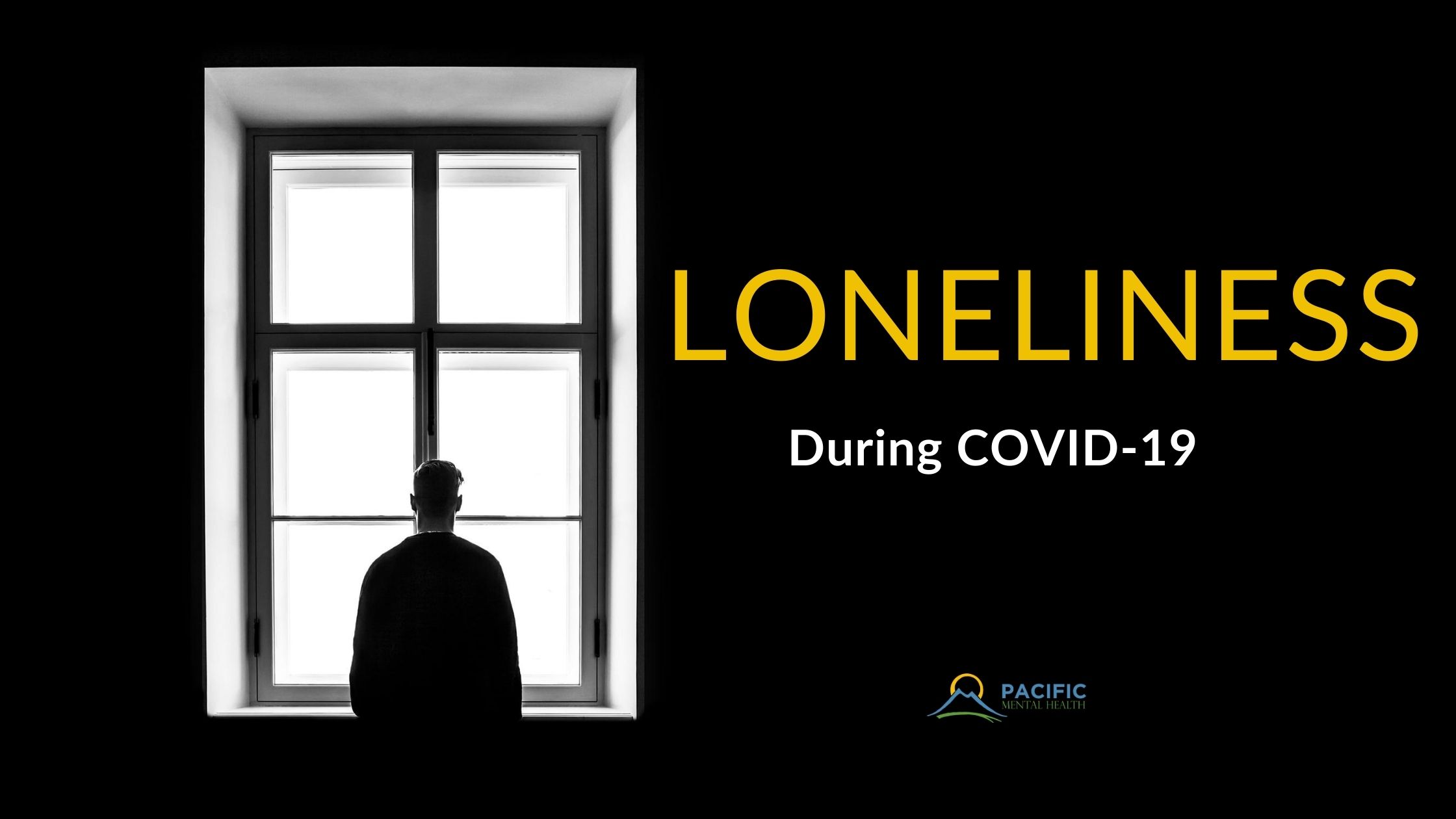
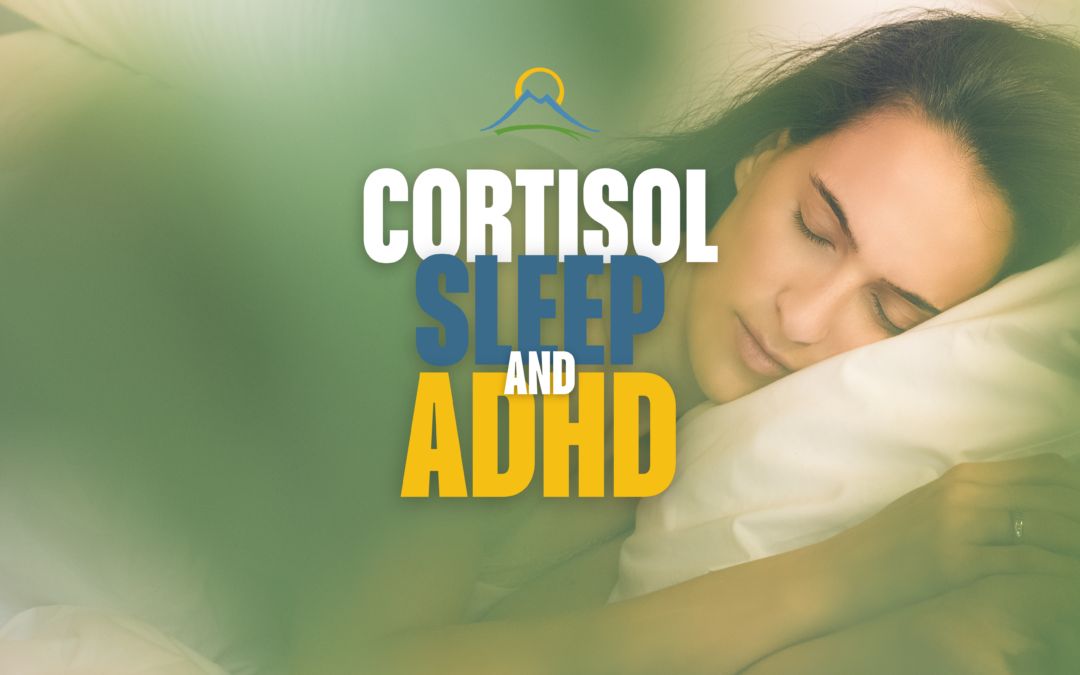
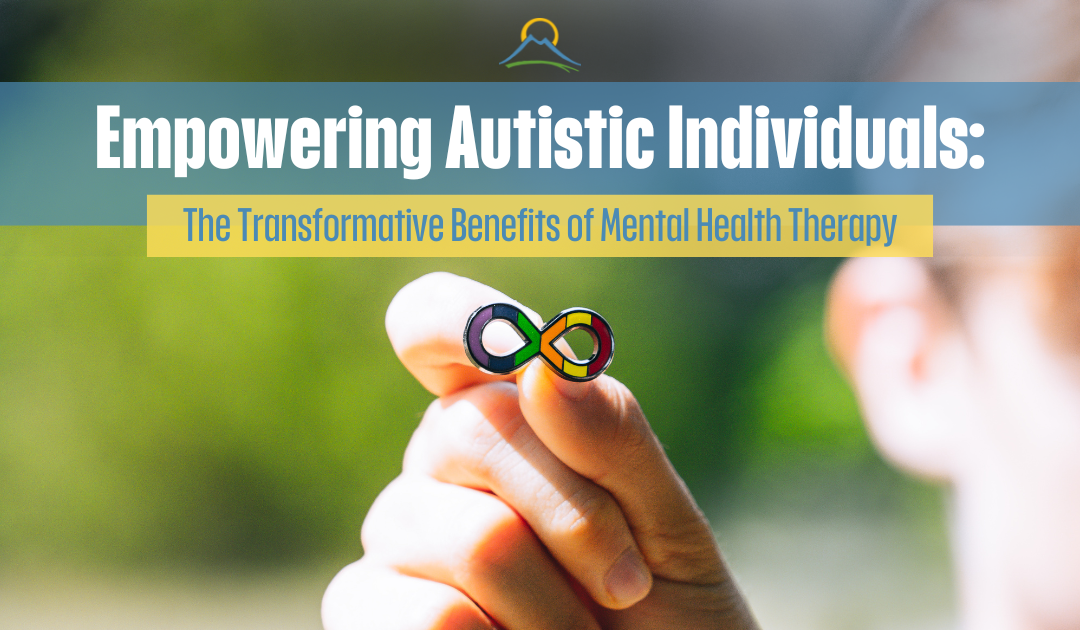

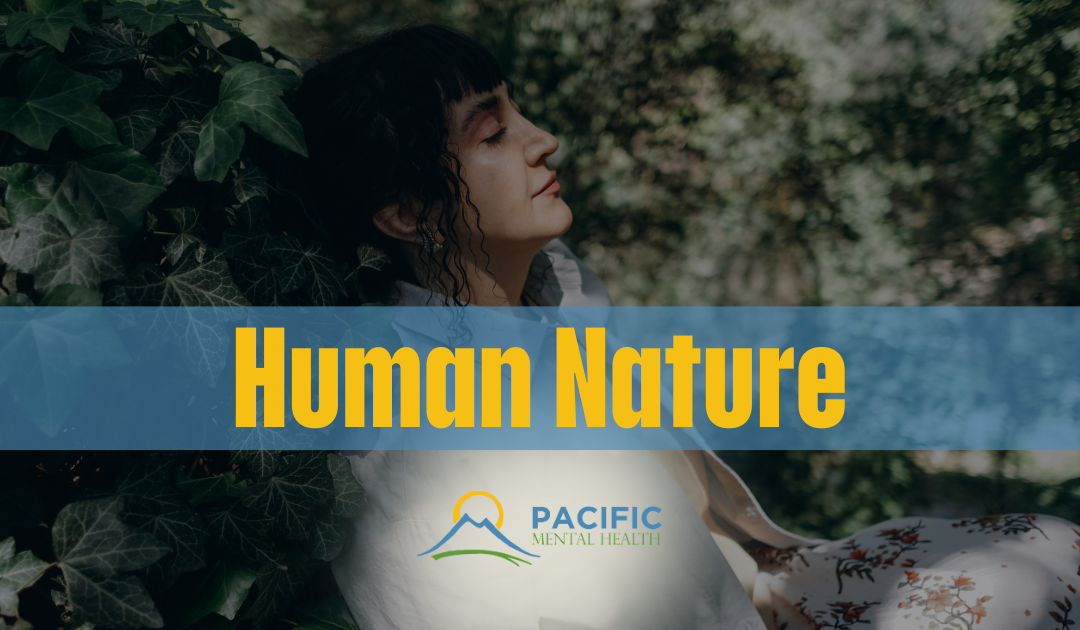
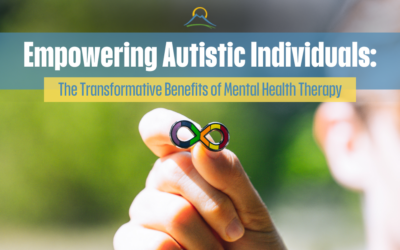
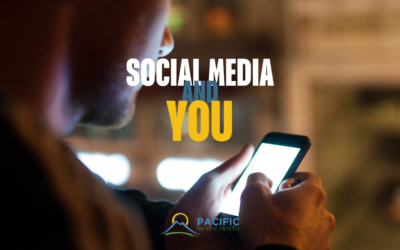
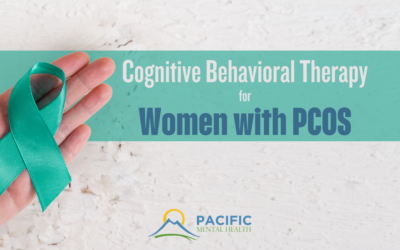
0 Comments